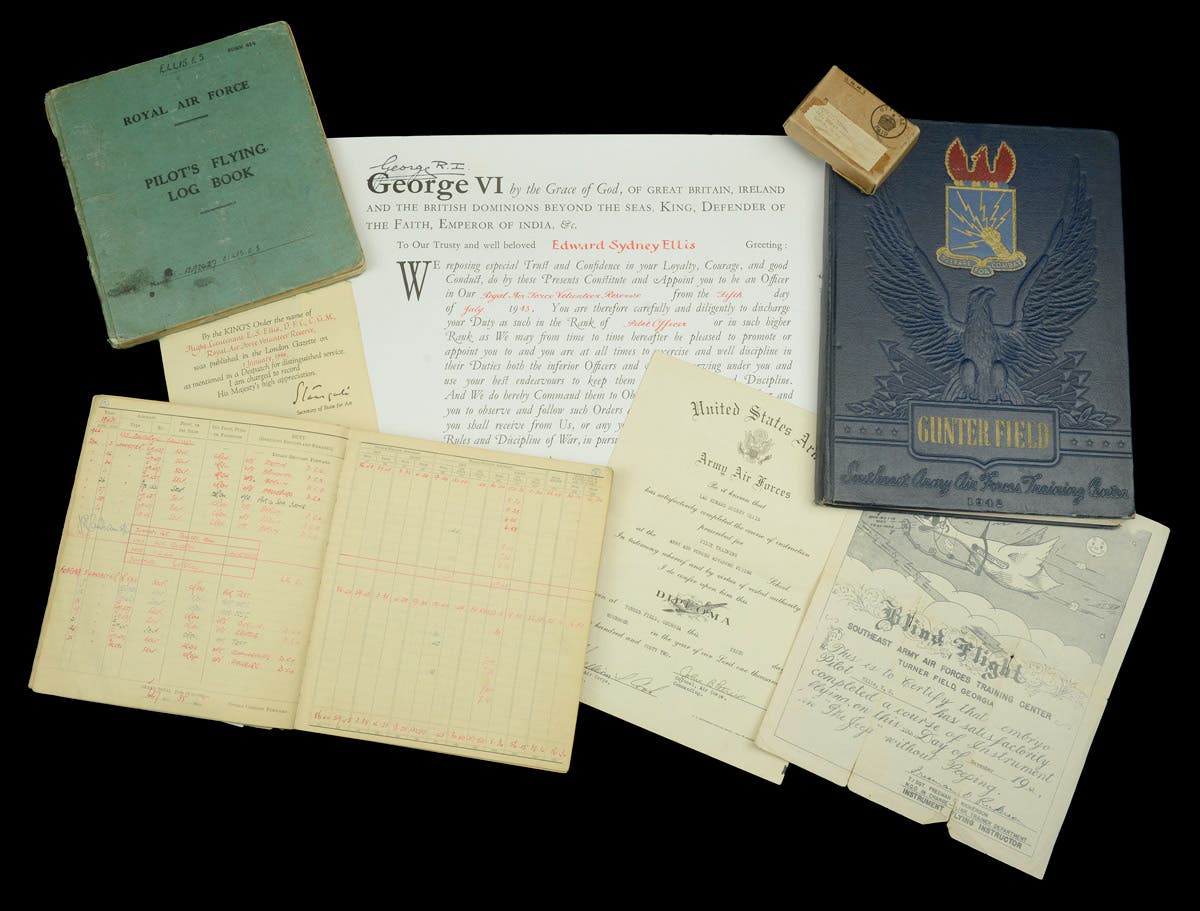Germany pays off WWI debt
Event falls on 20th anniversary of German unification
Oct. 3, 2010 (the 20th anniversary of German unification), marked the completion of the final chapter of World War I. Germany made its final reparations payment, 92 years after the country's defeat. The German government paid the last installment of interest on foreign bonds it issued in 1924 and 1930 to raise cash to fulfill the enormous reparations demands the victorious Allies made after WWI. The reparations bankrupted Germany in the 1920s and the fledgling Nazi party seized on the resulting public resentment against the terms of the Versailles Treaty.
The sum was initially set at 269 billion gold marks, around 96,000 tons of gold, before being reduced to 112 billion gold marks by 1929, payable over a period of 59 years. Germany suspended annual payments in 1931 during the global financial crisis. Adolf Hitler did not resume payments when he came to power in 1933.
In 1953, West Germany agreed at an international conference in London to service its international bond obligations from before WWII. In the years that followed, it repaid the principal on the bonds that had been issued.
Under the terms of the London accord, Germany was allowed to wait until it unified before paying some €125 million in outstanding interest that had accrued on its foreign debt in the years 1945 to 1952. After the Berlin Wall fell and West and East Germany united in 1990, the country paid that interest off in annual installments—the last one having been made on Oct. 3.
YOU MAY ALSO BE INTERESTED IN:
*Military Vehicles Magazine
*Standard Catalog of U.S. Military Vehicles, 1942-2003
MORE RESOURCES FOR COLLECTORS
*Great Books, CDs & More
*Sign up for your FREE email newsletter
*Share your opinions in the Military Forum





